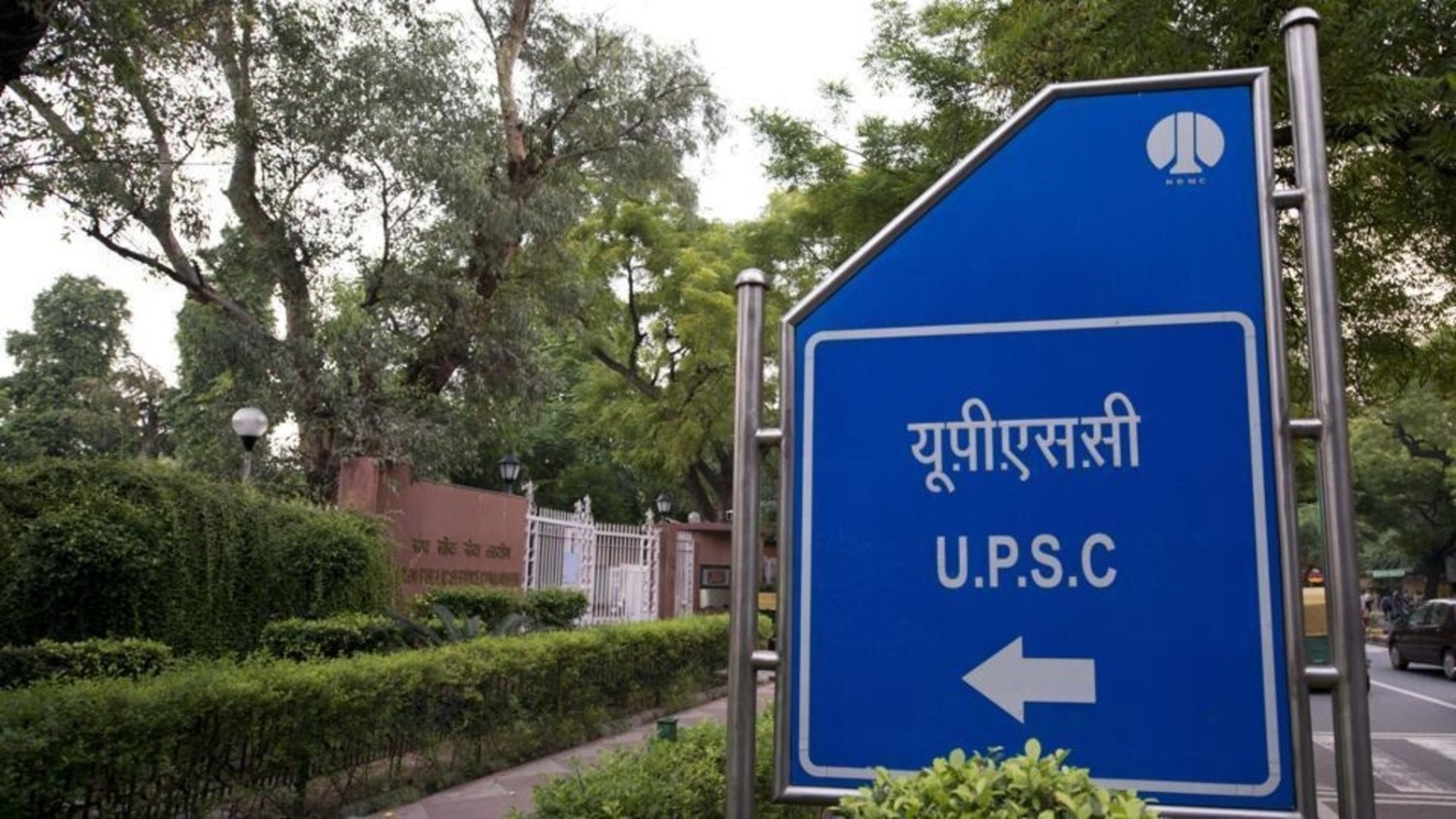 English
English

What is UPSC? How is This Exam Conducted? What is The Recruitment Process? Know Everything on Dynamite News

What is UPSC?
New Delhi: Union Public Service Commission (UPSC) exam which is conducted for important government posts like Indian Administrative Service (IAS) and India Police Service (IPS). It is an important opportunity for lakhs of young candidates. After passing this exam, candidates get appointment in Indian Administrative Services, Police Services, Forest Services and other important services.
UPSC (Union Public Service Commission) is the central agency of India. Which conducts various examinations for recruitment in government services. This exam is for Indian Administrative Service (IAS), Indian Police Service (IPS), Indian Forest Service (IFS) and many other high level posts. Every year about 13 to 15 lakh candidates apply for UPSC exam, but only a few candidates get success in it.
Candidates are appointed to the following major posts through UPSC exam.
UPSC Exam Pattern
UPSC exam is divided into three main stages.
The result of the UPSC exam is released on the official website of the commission upsc.gov.in. Candidates can check their results from there.
After passing the UPSC exam, the candidates selected in the civil service have to undergo a long and difficult training. Only after completing this training do they get appointment as officers.
The training of IAS officers starts from Lal Bahadur Shastri National Academy of Administration (LBSNAA) located in Mussoorie. Where, in the Foundation Course, they are given a basic understanding of administrative responsibilities.
During this period, the selected candidates are not only taught theory in the classroom, but they are also made aware of the ground reality by visiting villages.
Apart from this, they get guidance from experts and experienced officers on various subjects such as rural development, panchayati raj, women and child welfare, urban development, social sector, agriculture, energy, health, industry, law and order and tribal development.
After being appointed to posts like IAS and IPS, candidates get the opportunity to work in the state and union territories.
No related posts found.